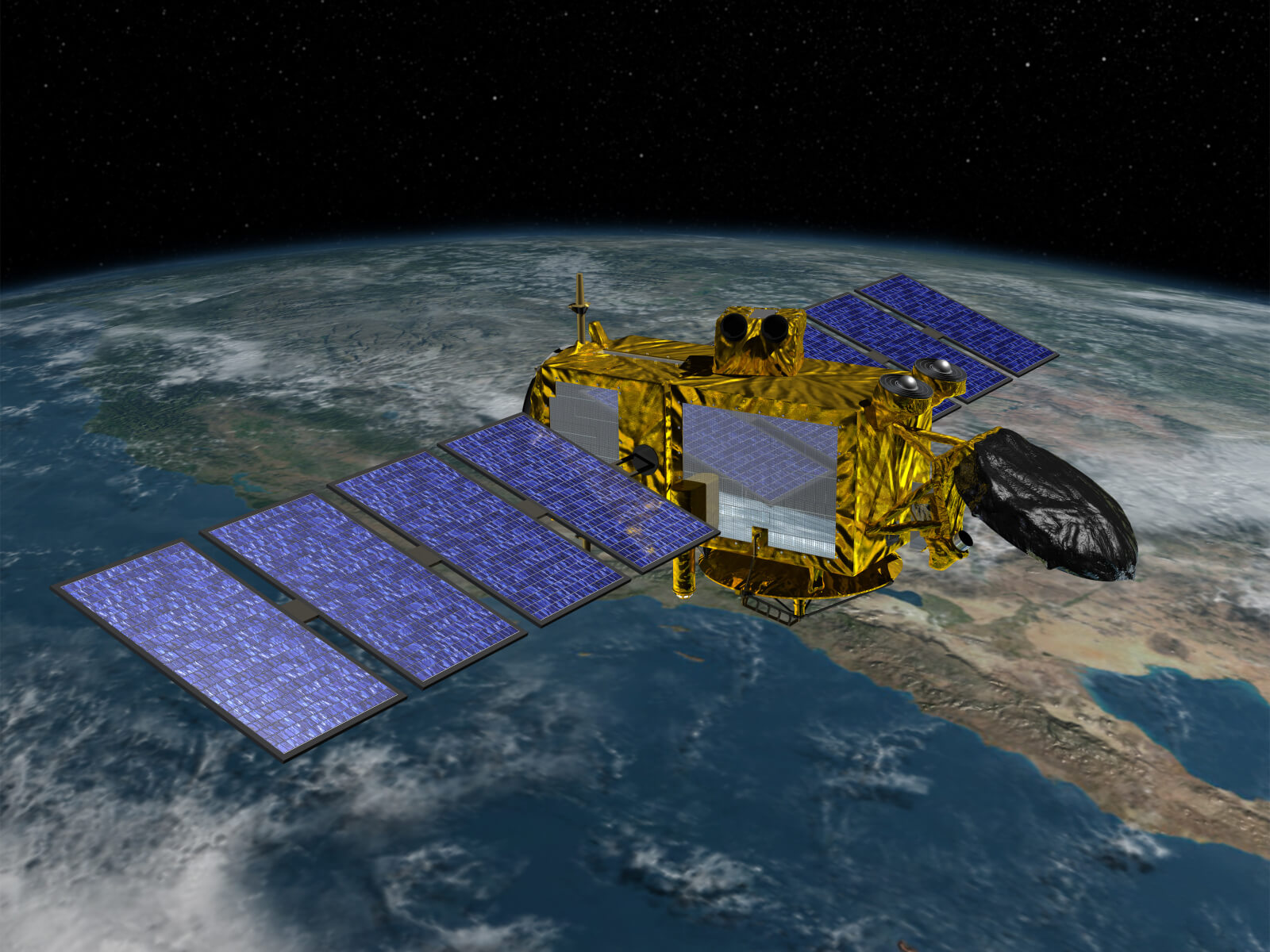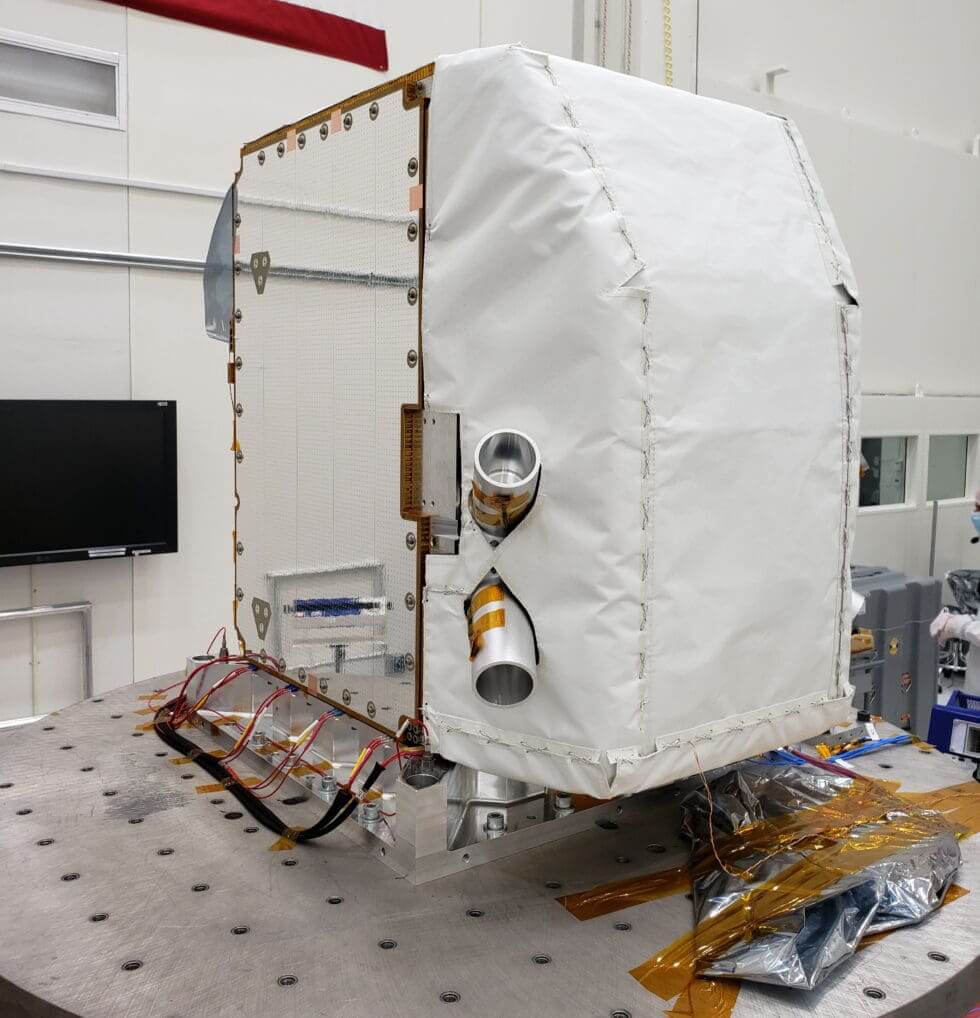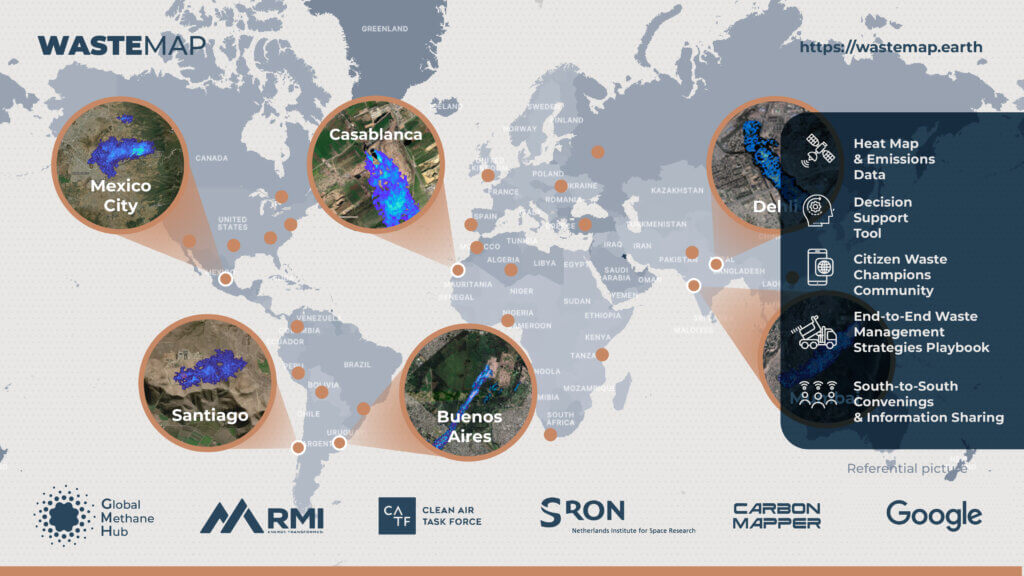
Philanthropy came together at a remarkable pace to launch the Global Methane Hub — driving significant momentum for rapid action on reducing methane emissions.
In 2021, the European Union and the United States announced the Global Methane Pledge, inviting world leaders to reduce their countries’ methane emissions by at least 30% by 2030. This landmark Pledge came as a result of collaboration between governments, civil society, and philanthropy.
Since then, there has been remarkable global momentum for efforts to reduce methane emissions. As of February 2024, 155 countries have joined the Pledge, representing 70% of the global economy and half of human-caused methane emissions. In 2023, the European Union and the United States adopted their first-ever methane emissions regulations. And in December 2023, 50 top oil and gas companies pledged to reduce methane leaks from their production lines to “near zero” by 2030.
Methane has historically been overlooked in global conversations about climate change. However, the potent greenhouse gas is responsible for 30% of global temperature rise since the Industrial Revolution. Driven largely by the agricultural, fossil fuel, and waste management industries, methane is 84 times more powerful than carbon dioxide in warming the atmosphere over a 20-year period.
Cutting methane emissions could have an immediate impact and represents one of the most cost-effective ways to rapidly reduce the rate of global warming. “Quickly mitigating methane would be like hitting the emergency brake on global warming,” said Marcelo Mena, CEO of the Global Methane Hub. “Methane is the quickest way to decrease the temperature to buy time to address other dangerous pollutants.”
How philanthropy helped bring methane to the forefront
When the Global Methane Pledge was launched in 2021, more than 20 philanthropies committed an initial $223 million to support participating countries in implementing their promises to reduce methane emissions. This led to the formation of the Global Methane Hub to coordinate the distribution of the funds. Philanthropy has mobilized around landmark international agreements before — and it came together at an unprecedented pace to launch the Global Methane Hub, driving significant momentum for funding.
From 2015 to 2019, total foundation giving for super pollutants averaged $25 million annually, according to ClimateWorks Foundation data. Following the launch of the Global Methane Pledge, foundation funding to reduce emissions from super pollutants jumped to around $120 million in 2022, making it the fastest-growing sector that year. This included $70 million granted through the Global Methane Hub. However, the sector still accounts for less than 4% of foundation funding for climate change mitigation.
Here are five ways philanthropy has supported efforts to reduce methane emissions.
Expanding the evidence base for reducing methane emissions
Philanthropy has supported research that has helped make once-invisible methane emissions visible. Research published by the Environmental Defense Fund (EDF) between 2013 and 2018 showed that methane emissions were 60% more prevalent in the United States than the Environmental Protection Agency estimated. The research has since informed state and federal policies in the United States and beyond, leading to new technologies to reduce emissions and company commitments to prioritize methane reduction.
Philanthropy has also outlined cost-effective pathways for reducing emissions. As research from the International Energy Agency (IEA) and EDF has shown, the technology and the strategies already exist for reducing methane emissions from oil and gas operations by more than 75% — two-thirds of it at no net cost. The benefits of cutting methane this decade far outweigh the costs, according to the United Nations Environment Programme and the Climate and Clean Air Coalition (CCAC). In fact, rapid and widespread efforts could slow the rate of global warming by as much as 30% and avoid 0.2° C of warming by 2050, according to research led by EDF.
Building awareness of methane leaks and health impacts
Philanthropy has equipped advocates with the data and the means to communicate methane-related issues to the broader public. For example, Earthworks and the Clean Air Task Force (CATF) have used infrared cameras to investigate leaks at oil and gas extraction sites, revealing discrepancies in company-reported emissions data and leading to policy change. Earthworks also maps public health threats from oil and gas production.
With this data, Climate Advocacy Lab helps advocates optimize their public engagement campaigns and the Methane Partners Campaign pushes for national methane pollution standards. Media campaigns like CATF’s #CutMethaneEU and Climate Nexus’ Gas Leaks have helped bring international attention to health impacts associated with emissions, leading to press coverage and further action.
The Global Methane Hub carries on this work as it facilitates people-centered strategies across sectors. “The only way for methane solutions to succeed is if they bring local benefits,” said Mena. “We do it because it’s in the best interest of people and because of the multiple development gains that can be achieved.”
Driving policy change
Philanthropy has contributed to policy wins that will help reduce methane emissions. Using resources like CATF’s Country Methane Abatement Tool, an estimated 90% of the 195 countries participating in the Paris Agreement have incorporated methane reduction targets into their climate goals. 57 of these governments have gone further to develop methane-specific roadmaps — 31 supported by the CCAC, a grantee of the Global Methane Hub.
CATF also facilitates capacity-building workshops as governments develop targets, including Nigeria, the first African country to regulate methane emissions from its oil and gas sector. Meanwhile, leadership from Navajo and Pueblo tribal advocates and local NGOs in New Mexico led to some of the strongest methane regulations in the United States, influencing policies at the national and international levels.
Philanthropy is also facilitating peer-learning opportunities for leaders across sectors through efforts like the Global Methane Initiative. Regulatory roadmaps from IEA and CATF, as well as policy input from EDF, have already led to requirements for oil and gas operators to fix methane leaks in Canada, Mexico, the United States, and the European Union. The rule in the United States could reduce as much greenhouse emissions in 2030 alone as taking 28 million gas-powered cars off the road for the entire year.
Scaling accountability capabilities across sectors
Philanthropy has supported the development of tools to help enforce methane regulations, and the Global Methane Hub’s coordinated approach has helped accelerate these efforts. Indigenous and local advocates are using tools from Earthworks and EDF to monitor methane emissions. Meanwhile, the MethaneSAT and Carbon Mapper satellites will make it faster and more affordable to track leaks and landfill emissions, respectively.
The Methane Alert Response System (MARS) uses this new infrastructure to send notifications of major leaks to governments and companies as they are detected. Already, the state of California is incorporating this satellite technology into its Methane Accountability Program. In February 2024, Google announced a partnership with EDF to map methane pollution and oil and gas infrastructure from space.
Another innovative effort is the Waste Methane Assessment Platform (WasteMAP), an open-source tool that consolidates methane emissions data from the waste sector to identify reduction opportunities. 20 mega-cities representing more than 135 million people have connected to the platform since its launch in December 2023.
Philanthropy has also supported the development of accountability frameworks to put pressure on oil and gas companies. The Oil & Gas Methane Partnership 2.0, developed in part by EDF, offers an emissions reporting framework already signed by 62 companies that represent 30% of the world’s oil and gas production.


Unlocking public, private, and Multilateral Development Bank (MDB) funding
Through its collaborative approach and global strategy, the Global Methane Hub has successfully unlocked additional funding for methane solutions and increased philanthropic engagement with leaders in the Global South. “We see the climate problem through an integrated, developmental lens,” said Mena. “And we bring others along in that vision.”
The Global Methane Hub has also provided accelerator support to launch multilateral initiatives. For example, with the Hub’s support, the Inter-American Development Bank (IDB) developed its Too Good to Waste Initiative. The effort will steer a roughly $350 million portfolio to avoid additional waste-related methane emissions in Latin America and the Caribbean. The Hub also helped catalyze a $500 million investment from the UN’s International Fund on Agriculture Development (IFAD) and a World Bank initiative to end flaring.
Overall, global financing for methane abatement increased by 18% following the Global Methane Pledge, totaling $13.7 billion from 2021 to 2022. In 2023, commitments from Global Methane Pledge partners reached an all-time high of $1 billion, more than tripling from the year before. Nonetheless, there is room for growth, as support for methane reduction still accounts for less than 2% of global finance for climate change mitigation.
The road ahead
While there is encouraging progress on reducing methane emissions, much more funding is needed to build on this momentum. The Climate Policy Initiative estimates the need for at least $48 billion in global annual investment — 3.5 times current levels — between now and 2030 to meet global methane targets. Now that the world is starting to pay attention, those targets are potentially achievable.
“The work we do is so critical,” said Mena, “not just for rolling back the clock on the global temperature rise, but for creating a better and more sustainable way of living for billions of people around the world.”
To learn more, funders can explore funding priority areas identified by EDF and the Global Methane Hub, along with newer initiatives focused on researching agricultural methane emissions, phasing out super pollutants, developing accountability frameworks, and addressing waste. Funders can also contact ClimateWorks for support in building an effective climate strategy.
